[LUM#21] The wild boar of discord
One of the goals of Raphaël Mathevet and Simon Chamaillé, researchers at the Center for Functional and Evolutionary Ecology, who coordinated a project on integrated wild boar management, is to learn more about wild boars in order to better coexist with them.
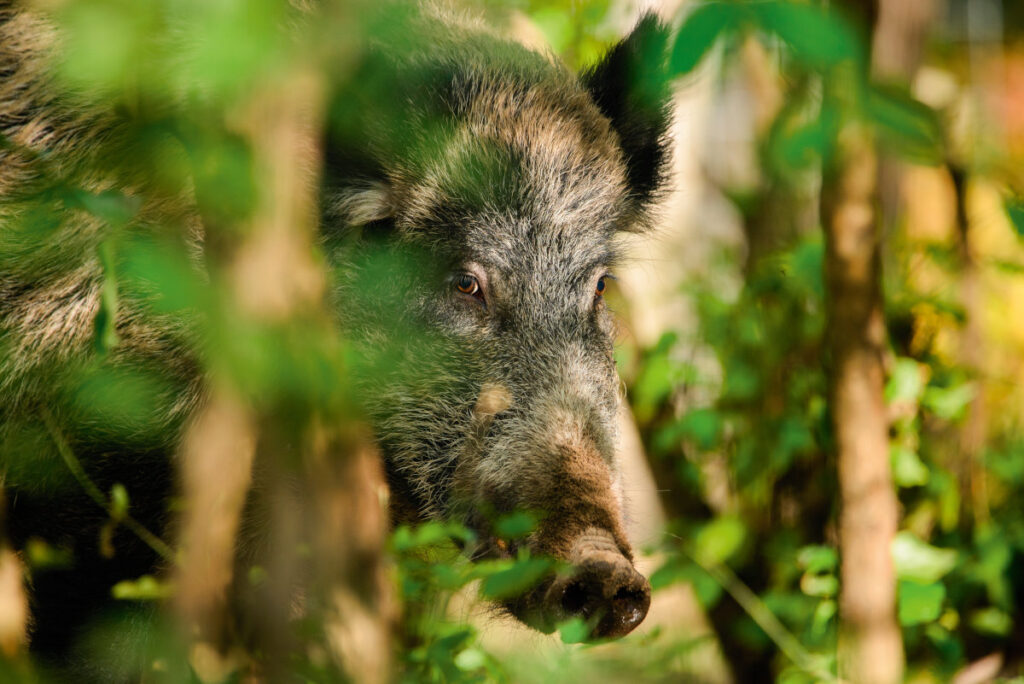
With 17 million hectares of woodland, France's forests have returned to their pre-medieval clearing size. This rapidly expanding habitat is home to more than 1.5 million wild boars, which are pushing back its boundaries. This proximity can sometimes be a source of tension: "The increase in wild boar density is associated with a resurgence of agricultural damage, a rise in road collisions, and often conflicts between hunters, farmers, protected area managers, and other users of rural and peri-urban areas, " explains Raphaël Mathevet, a researcher at the Center for Functional and Evolutionary Ecology1.
How can all these stakeholders agree on the right place for wild boar? To facilitate this coexistence, Simon Chamaillé and Raphaël Mathevet coordinated a project dedicated to the integrated management of this animal. "A better understanding of the biology, behavior, and habits of the animals, as well as the functional, economic, social, and ecological interdependencies of the territories concerned, is essential to creating a collaborative dynamic," explains Raphaël Mathevet.
Researchers set up camp in the Gardon Gorges and Écrins National Park with their bags full of GPS collars and camera traps to study the movements of wild boars. Their goal was to obtain factual data on how the animals use the space and thus verify whether protected areas where hunting is prohibited serve as refuges for them. But they also wanted to meet with local residents to share this data with them and help them learn more about wild boars.
"The communication challenge is enormous, and it's also a real scientific and social mediation project," say the researchers, who have developed a serious game for the occasion, inviting hunters to imagine themselves as a population of wild boars. "This allows them to adopt the animal's point of view and reflect on the effects of their practices, " explains Raphaël Mathevet. Scientists are now applying these methods in urban areas as part of a project with the cities of Montpellier and Nîmes. The aim is to better understand the movements of wild boar in cities, but also to gain a better understanding of the relationship between city dwellers and these animals, with whom we are increasingly sharing urban wastelands, parks, and gardens.
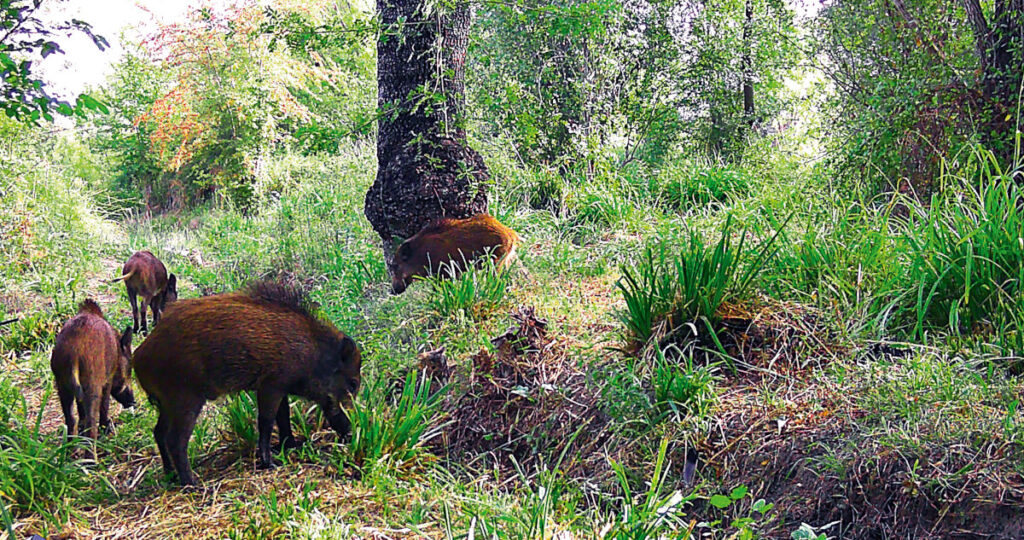
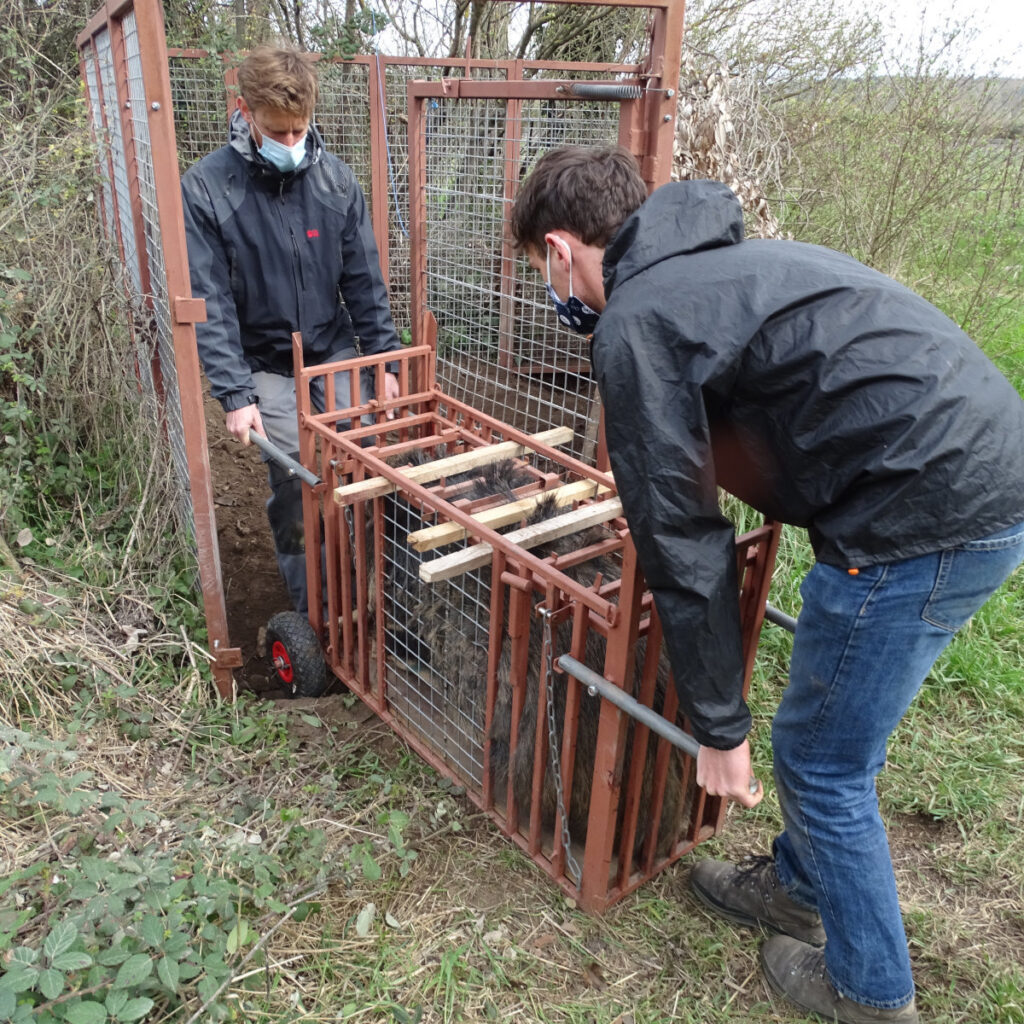
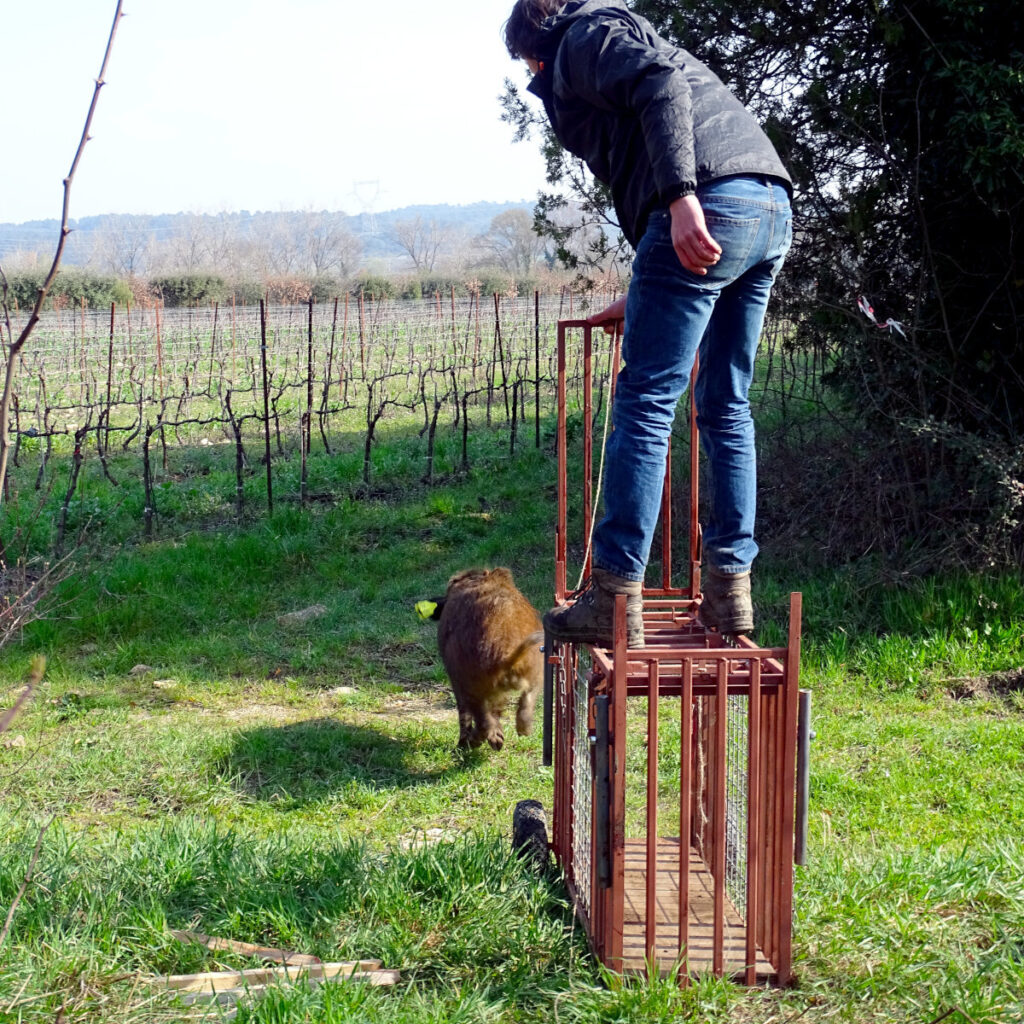
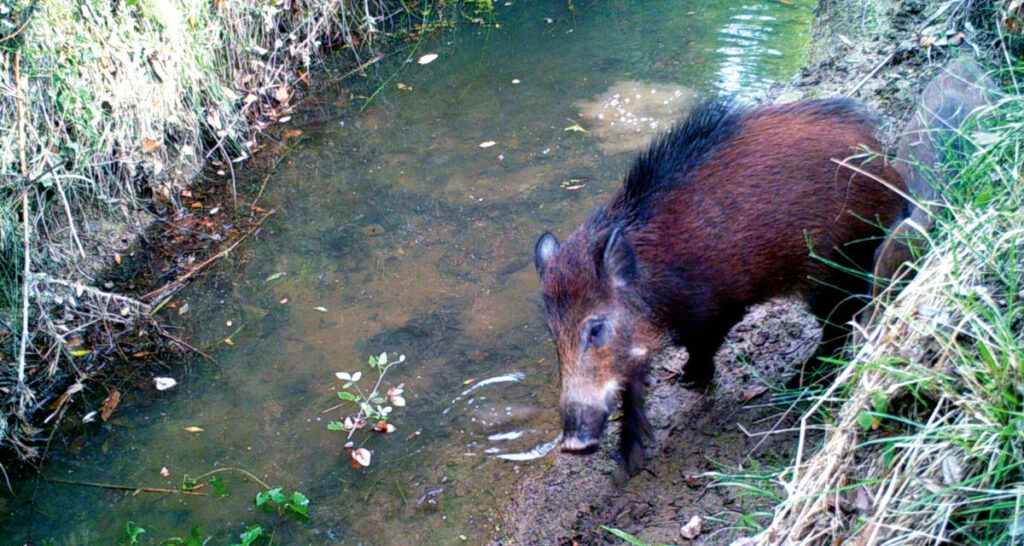
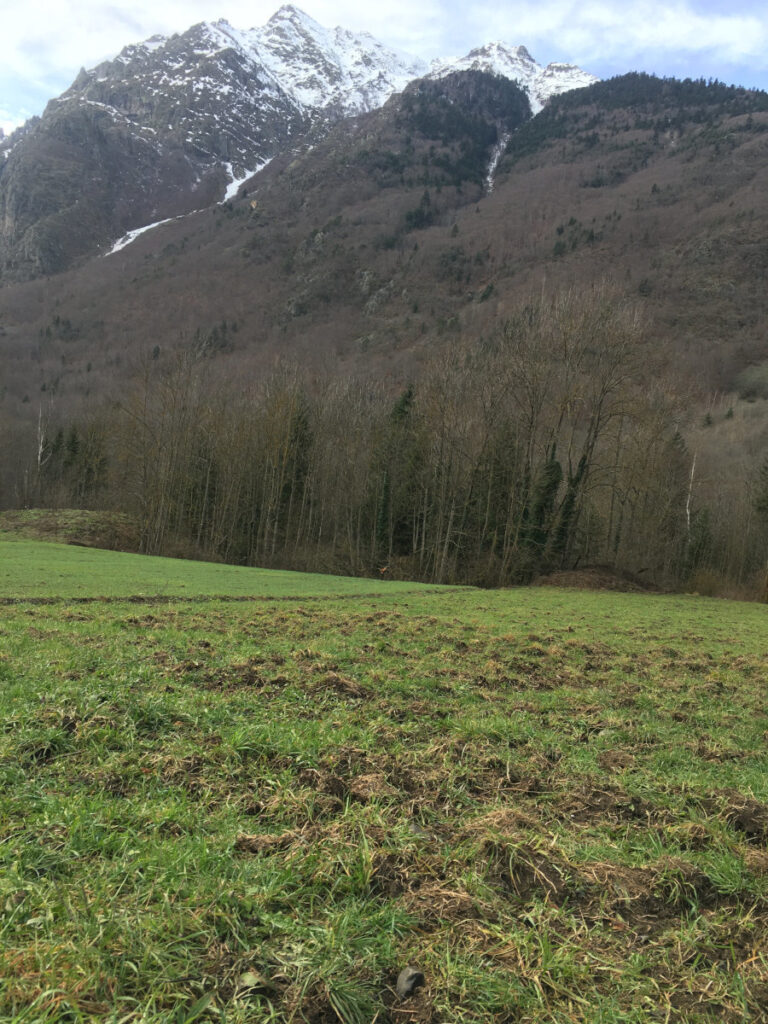


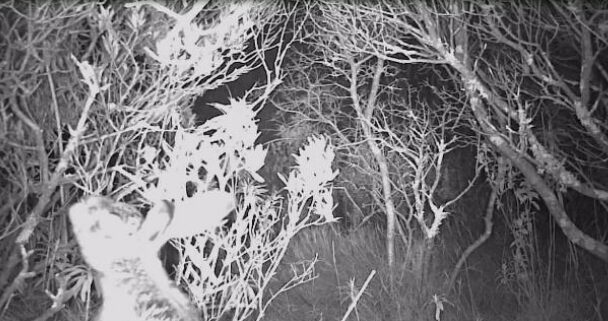


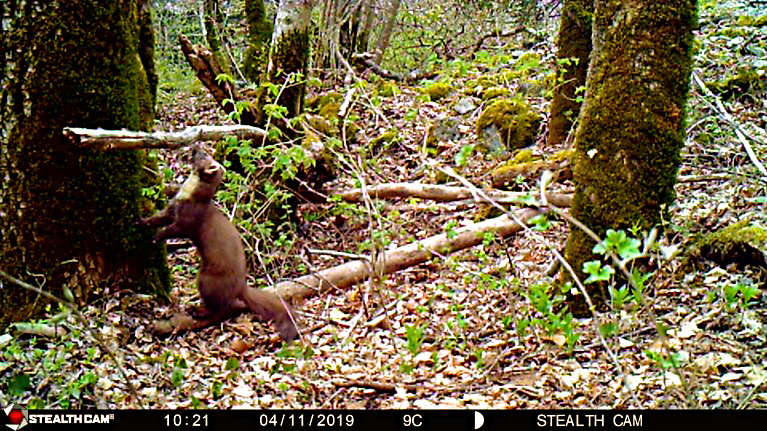


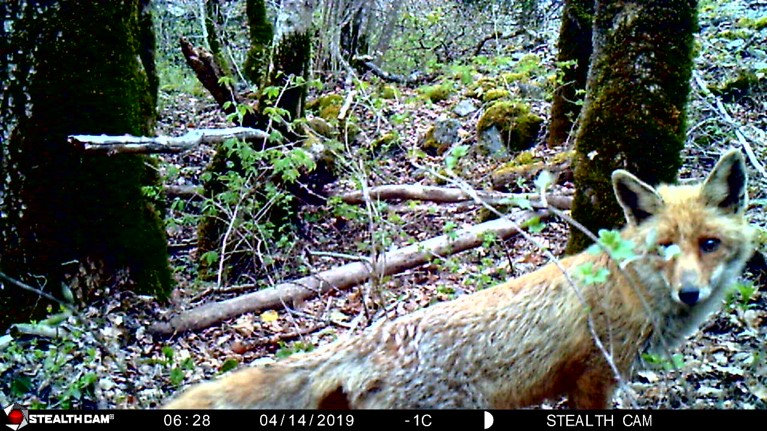

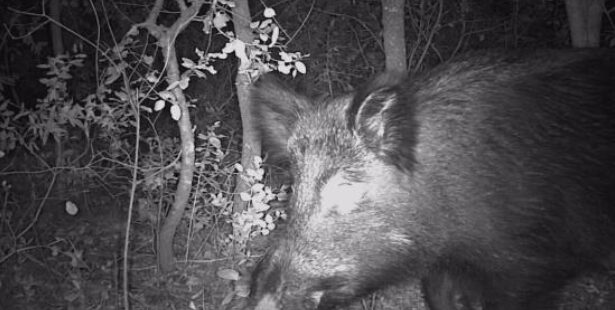
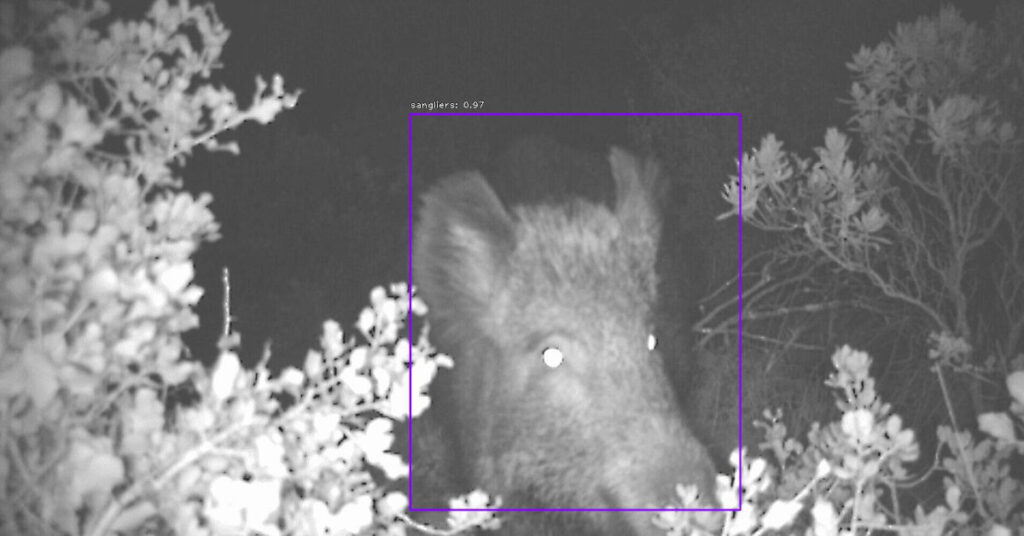

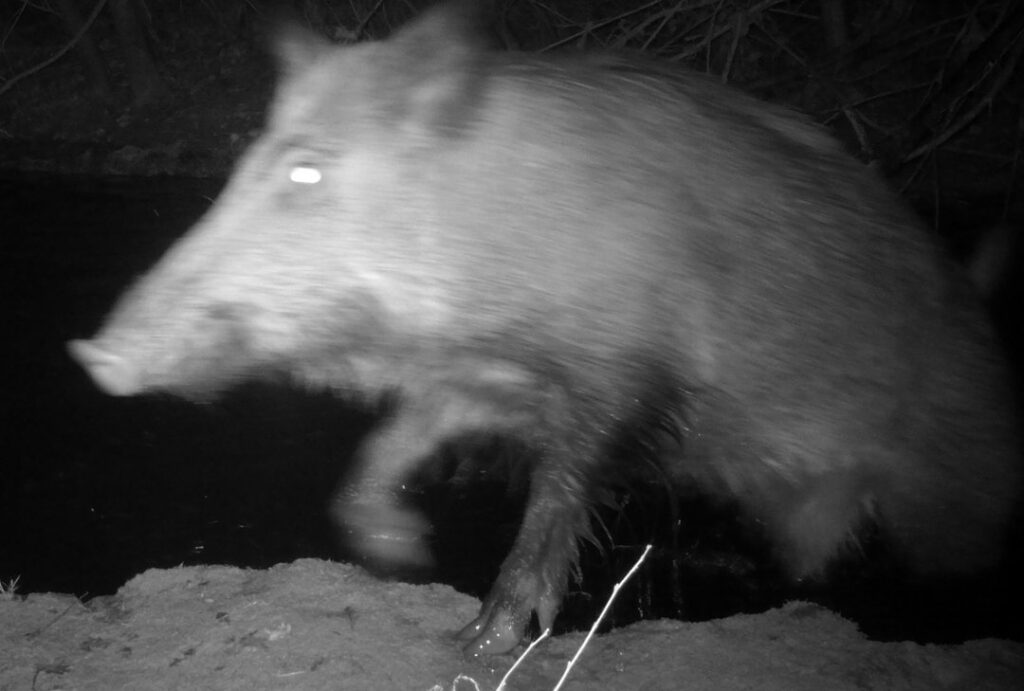
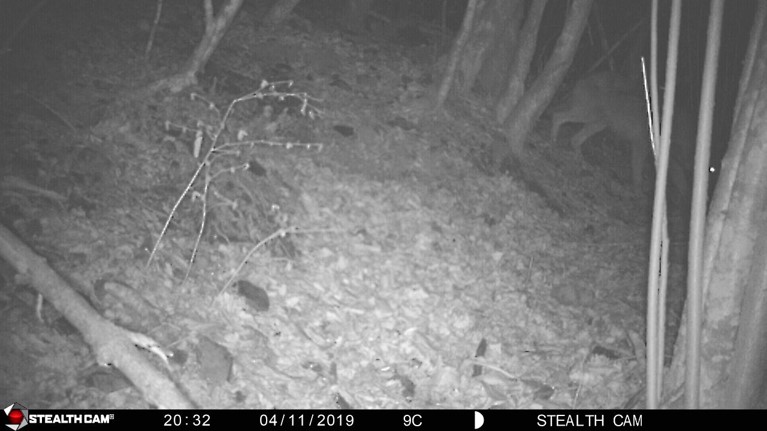
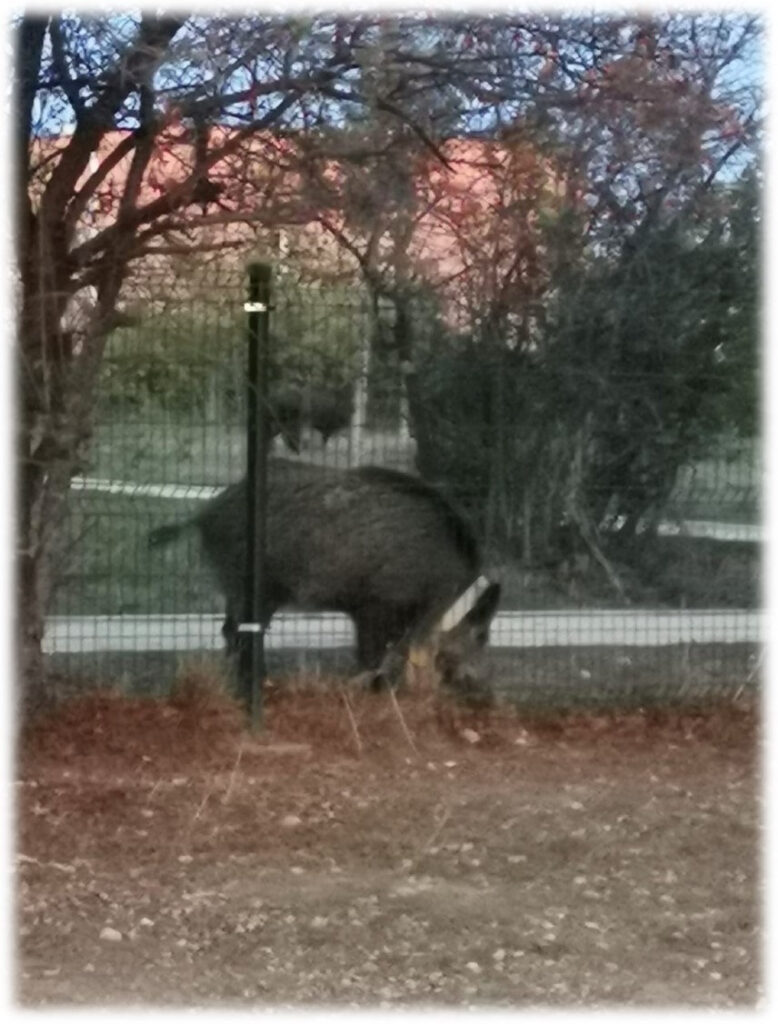
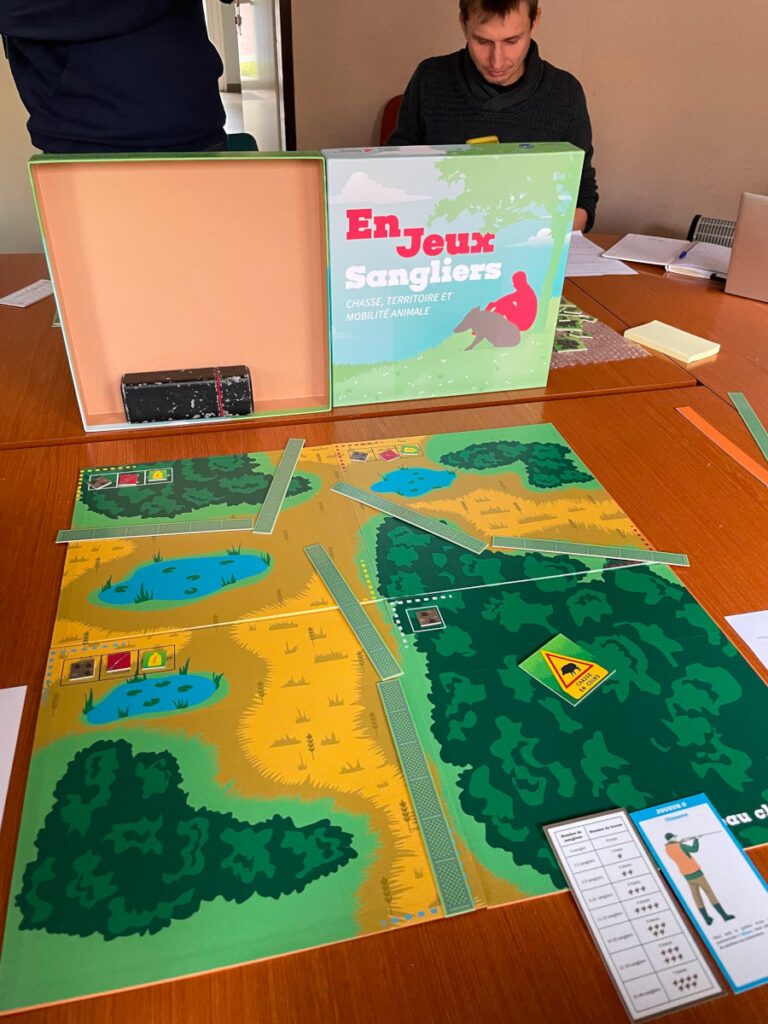
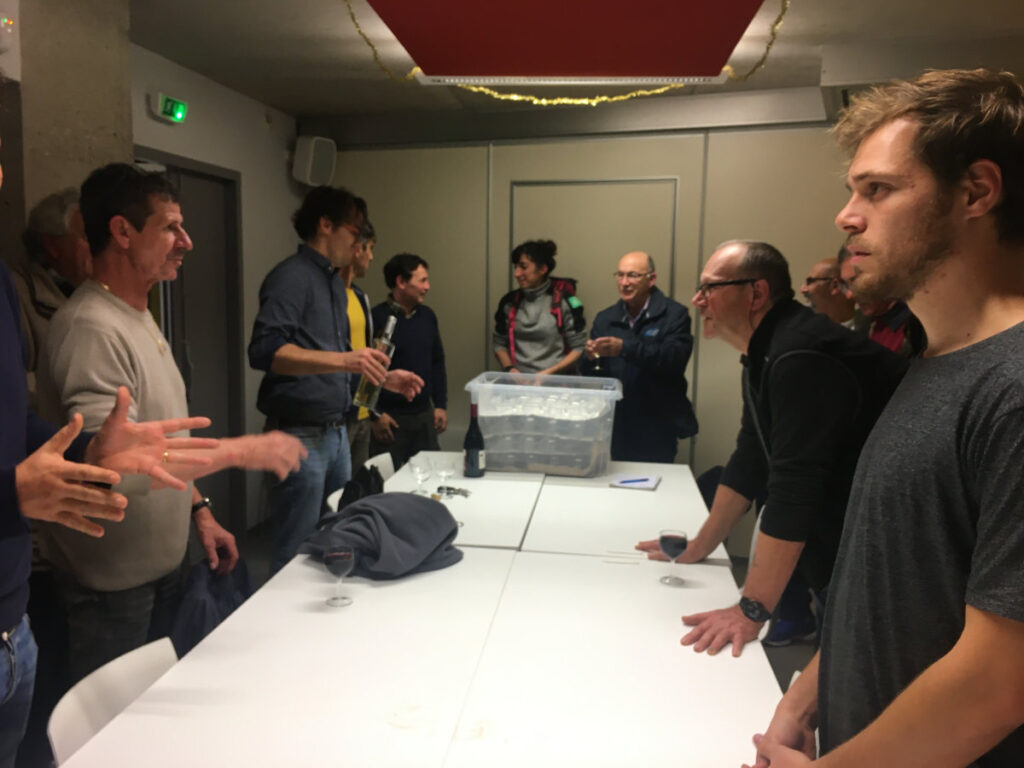
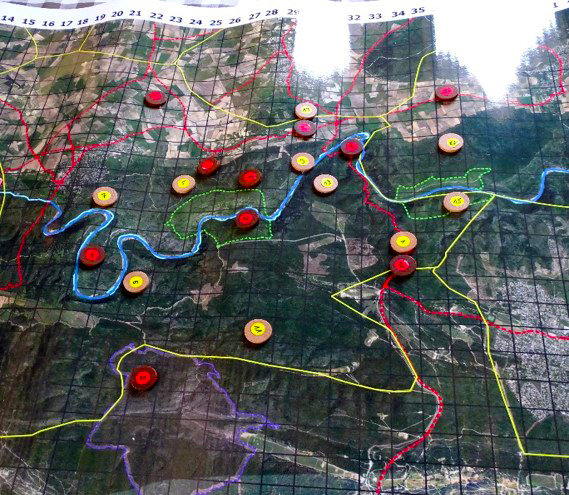
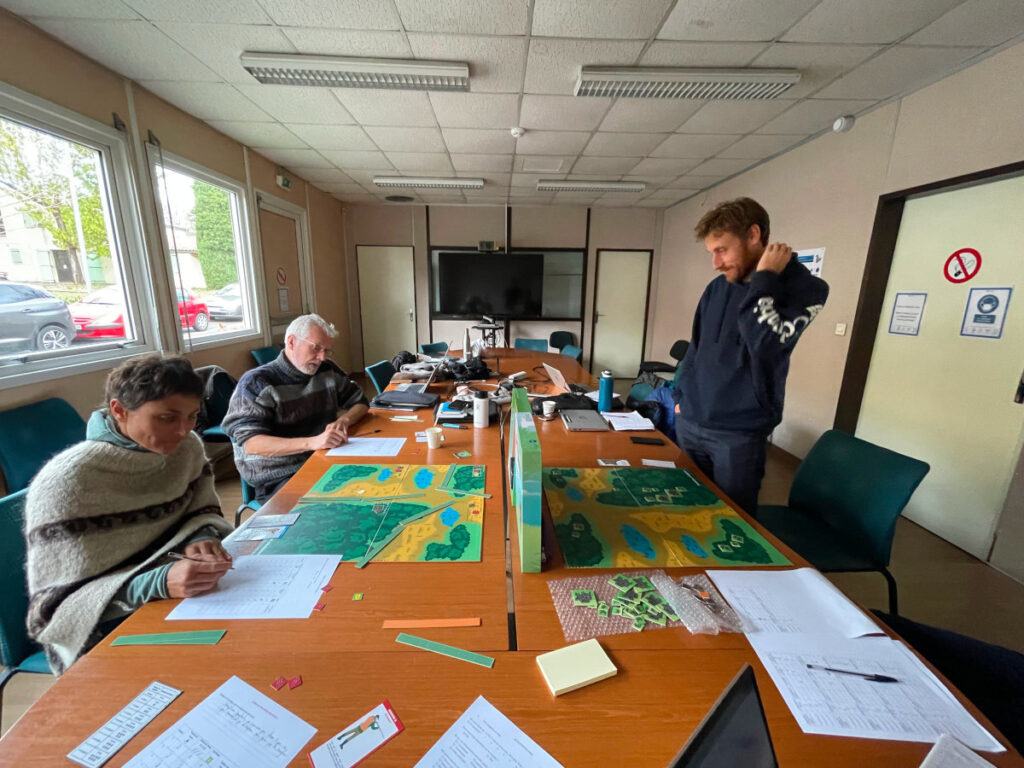
Watch Raphaël Mathevet's lecture at the Agora des savoirs (Knowledge Forum) "Wild boars, geographies of a political animal"
Find UM podcasts now available on your favorite platform (Spotify, Deezer, Apple Podcasts, Amazon Music, etc.).
- Cefe (CNRS, UM, IRD, EPHE)
↩︎